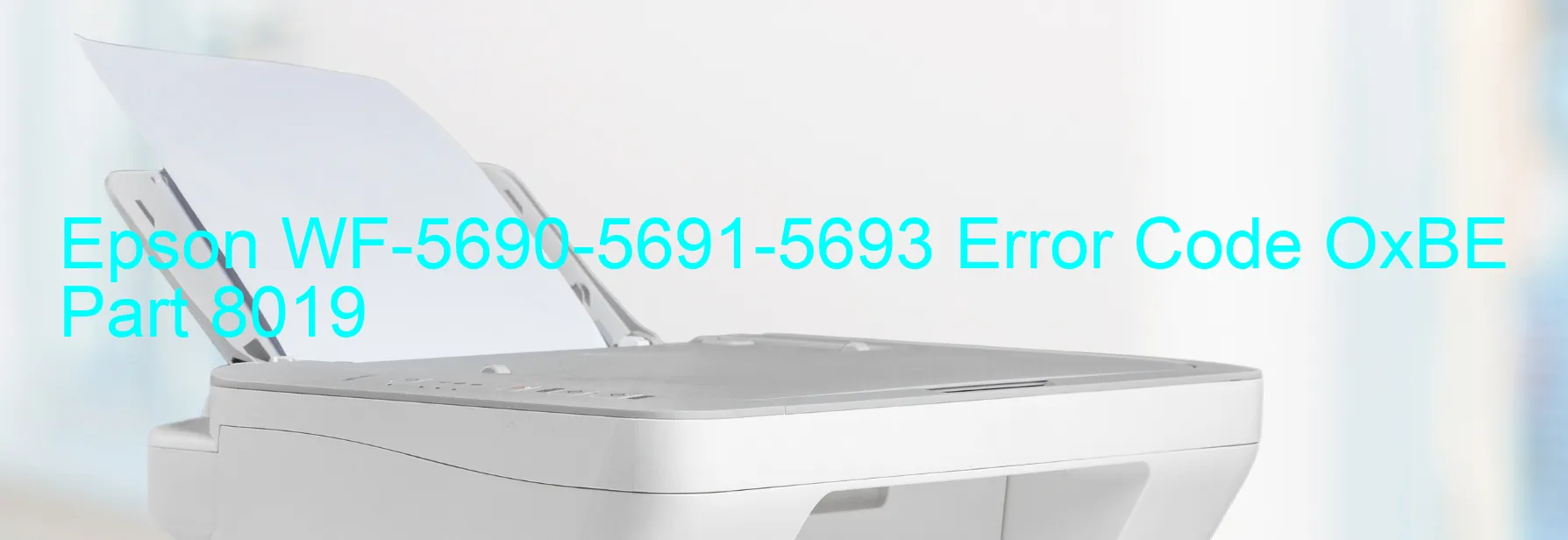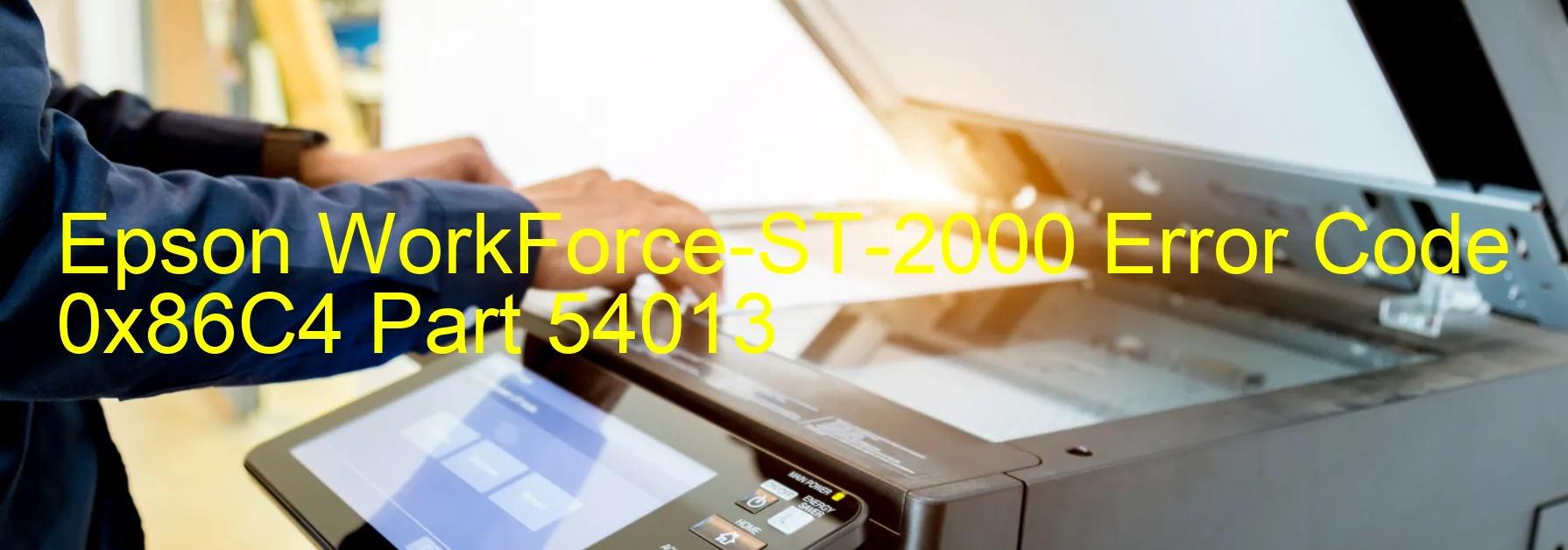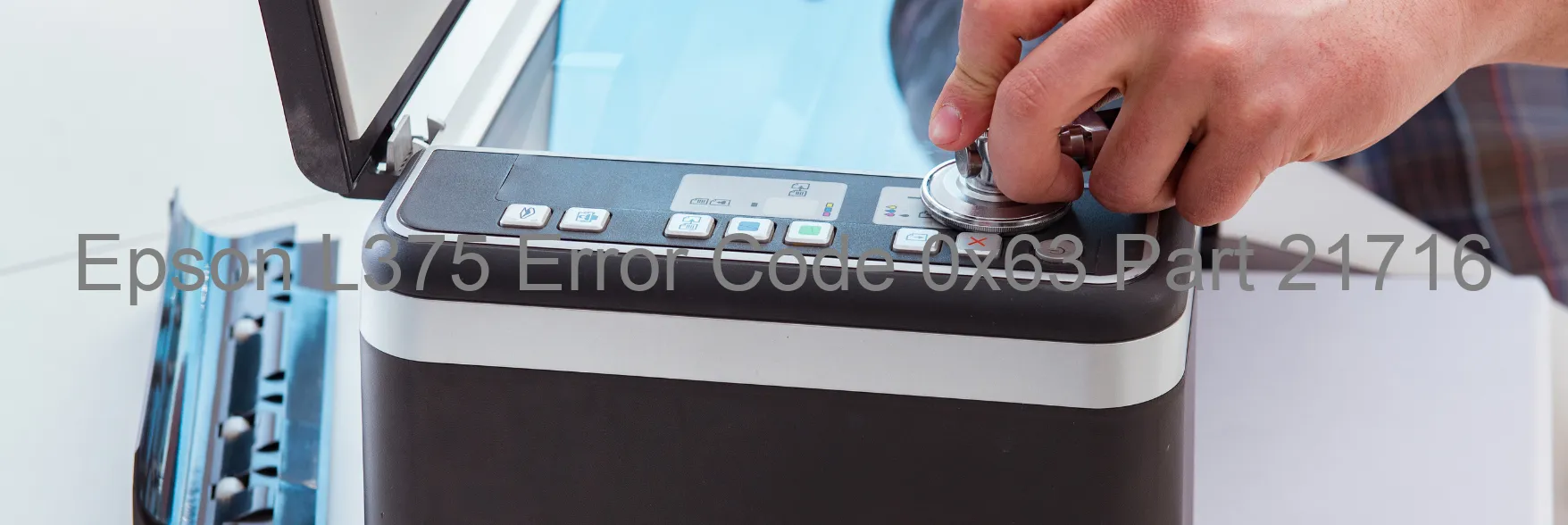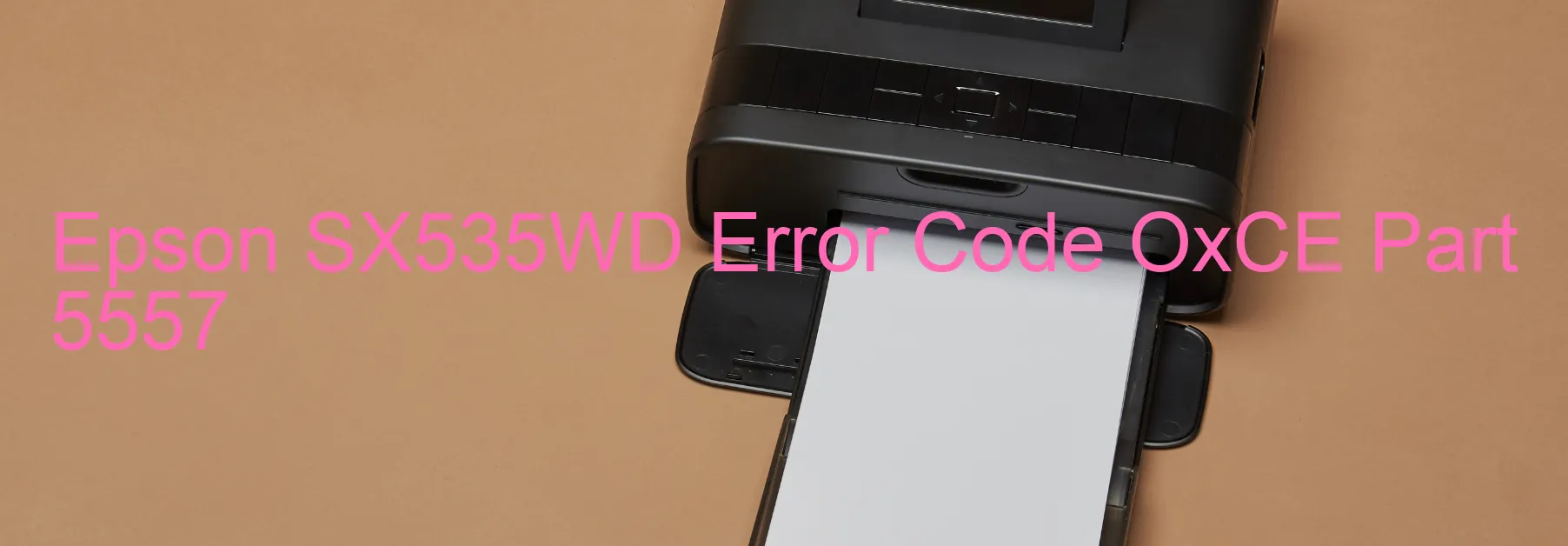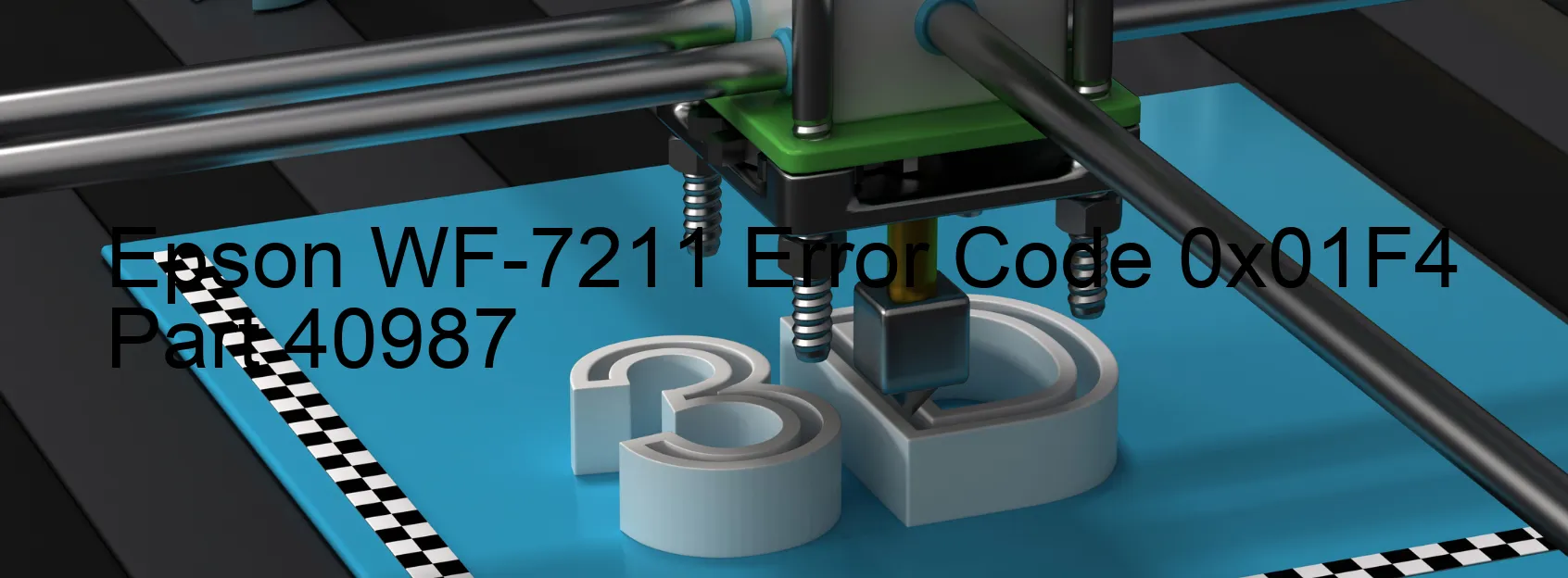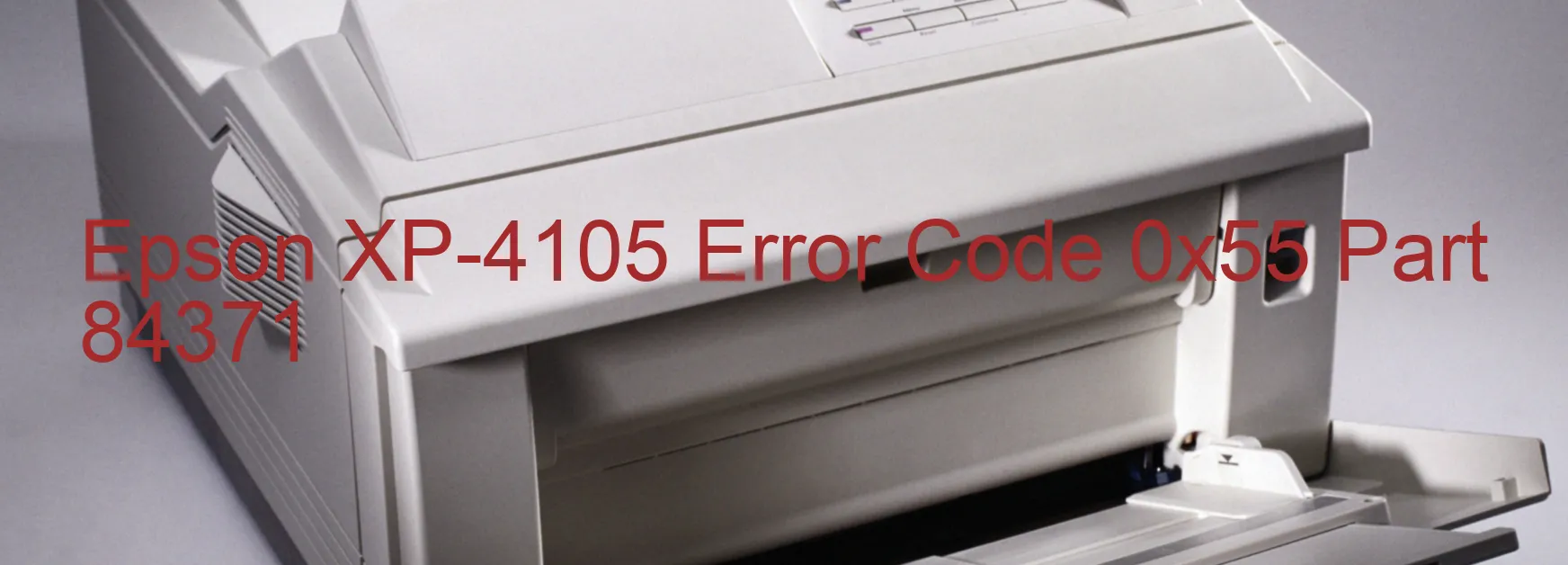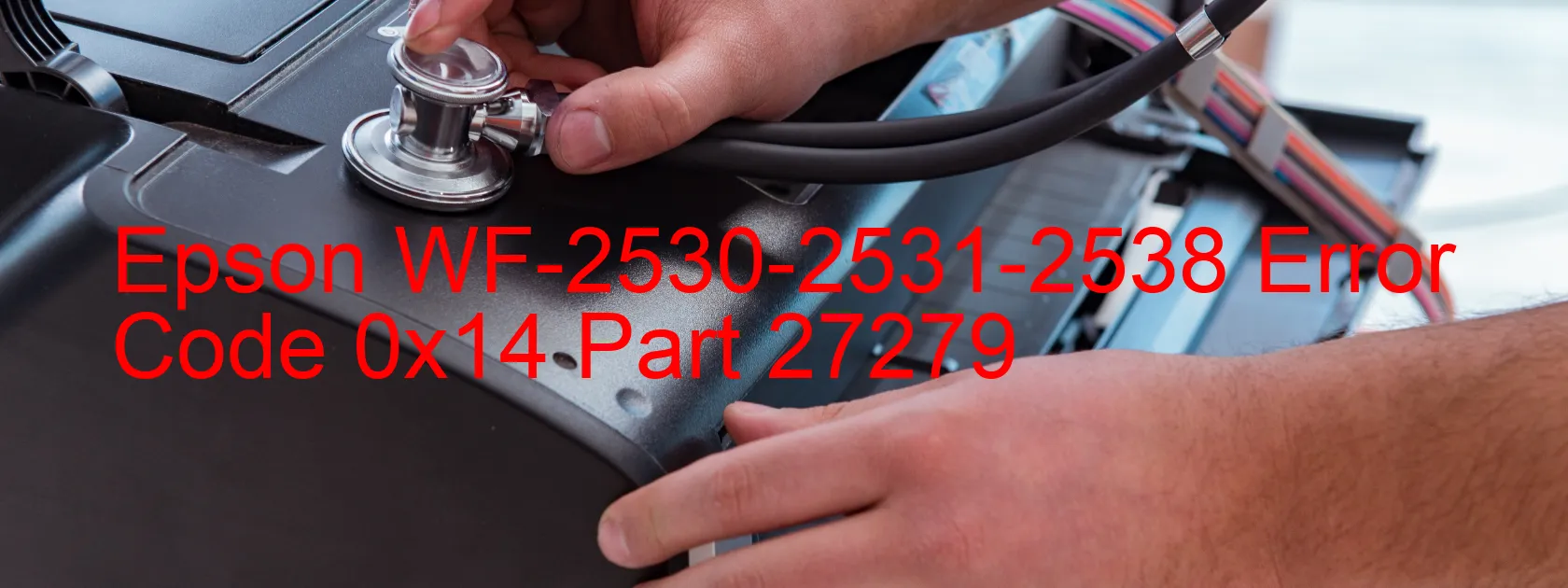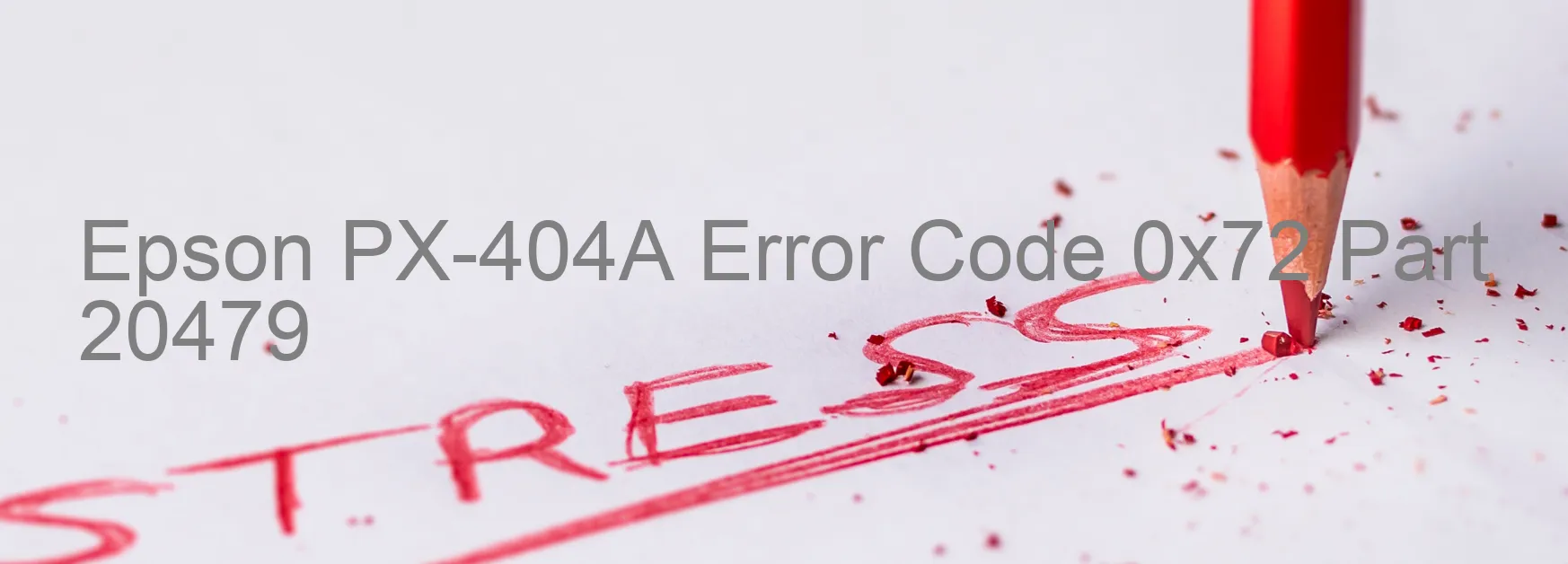Epson NX430 Error 0xF2
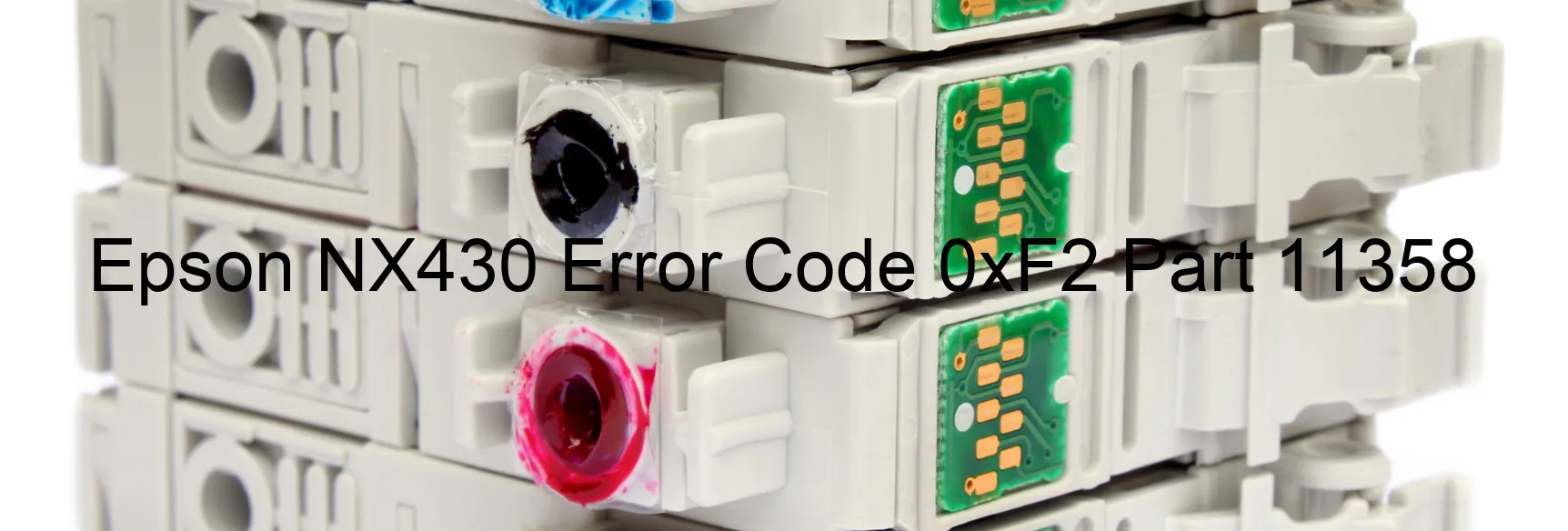
The Epson NX430 printer sometimes displays an error code 0xF2, indicating a PF PID excess speed error. This error occurs when the PF motor rotates quicker than anticipated. There are various potential causes behind this issue, including encoder failure, tooth skip or improper tension of the timing belt, motor driver failure, and even main board failure.
Encoder failure is one of the common triggers of this error code. The encoder is responsible for determining the position of various components within the printer. If it malfunctions, it can lead to inaccuracies in motor speed measurement, resulting in the error code 0xF2.
Another possible cause is a tooth skip or improper tension of the timing belt. The timing belt ensures smooth movement of the print head and other parts. If it becomes loose or skips teeth, it can disrupt the motor’s speed and trigger the error.
Motor driver failure refers to a malfunction in the motor driver circuitry. This component controls the motor’s speed and direction. If it fails, it can cause the motor to rotate at a higher speed than intended, leading to the error code.
Lastly, main board failure could also be responsible for the error 0xF2. The main board is the central control unit of the printer, and if it experiences a malfunction, it can affect various components, including the motor.
To troubleshoot this error, it is recommended to check the encoder for any damages or misalignment. Additionally, inspect the timing belt for proper tension and any signs of wear or skipping teeth. If these components appear to be in good condition, it is advisable to seek professional assistance to diagnose and potentially replace any faulty motor drivers or main boards.
Ensuring regular maintenance and promptly addressing any printer issues can help in resolving error code 0xF2 and maintaining optimal performance from the Epson NX430.
| Printer Model | Epson NX430 |
| Error Code | 0xF2 |
| Display on | PRINTER |
| Description and troubleshooting | PF PID excess speed error. The PF motor rotates faster than expected. Encoder failure. Tooth skip or improper tension of the timing belt. Motor driver failure. Main board failure. |
